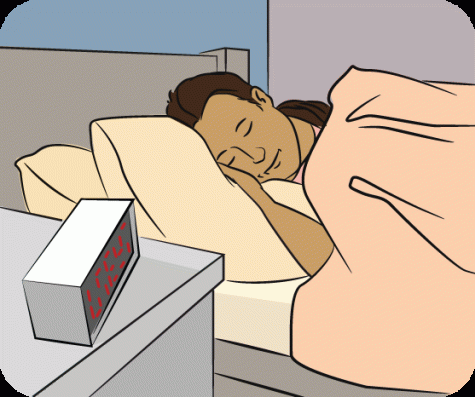How social media Affects Mental Health

May 15, 2023
Instagram gained attention for reducing likes last year in an effort to stop the comparisons and bad feelings brought on by associating popularity with sharing content. But do these initiatives actually address mental health problems, or are they merely bandaging a wound?
The nature of social media is to reinforce. By producing dopamine, a “feel-good chemical” connected to enjoyable pursuits like eating, and social connection, using it activates the brain’s reward center. The platforms are linked to bodily problems like sadness and anxiety and are made to be addictive. Due to of their usage of social media, a significant percentage of the population is now more likely to experience anxiety, depression, or other health problems.
The age of danger in the online world
Social media sites have a stronger influence on mental health the sooner kids begin using them. For females, this is especially true.
Teenage girls sometimes act aggressively in relationships by excluding people and making unpleasant statements, but teenage boys often exhibit hostility physically. Such hazardous contacts are more likely to occur thanks to social media.
Social media not only gives young people a window through which to see wasted opportunities, but it also casts a false light on appearances and reality. A time when young bodies are changing increases the likelihood of viewing unrealistic, filtered photographs on Facebook, Instagram, and Snapchat.
Teenagers once read magazines that featured model images that had been edited. These pictures are now always just a thumb scroll away. It’s simple to find and simple to use apps that provide the user airbrushing, teeth whitening, and additional filters. Everyone has a flawless appearance; it’s not just celebs.
Even adults are prone. Plastic surgeons have noticed an increase in demands from clients who want to resemble their filtered Instagram and Snapchat photographs in recent years.
A newlywed couple who nearly split up after their honeymoon is the subject of a New York Times article that appeared in June 2018. The wife spent less time with her spouse, and more time arranging the trip and sharing selfies.
How are Platforms able to change?
Many can admit that social media sites offer advantages, such as enabling users to stay in touch with friends and family anywhere in the world. Many also realize the potential drawbacks of fully prohibiting teenagers from sites that have lodged themselves in their generation’s way of life, serving as an anticipated source of news as well as ways for them to keep up with parties and chats.
Platforms have opened a “Pandora’s Box” as they continue to evolve quickly.
All in all, social media can have both positive and negative effects on the mental health of teenagers. It is always important to remember that not everything on social media is real, and to take a break from time to time.








